Outlawing environmental harm
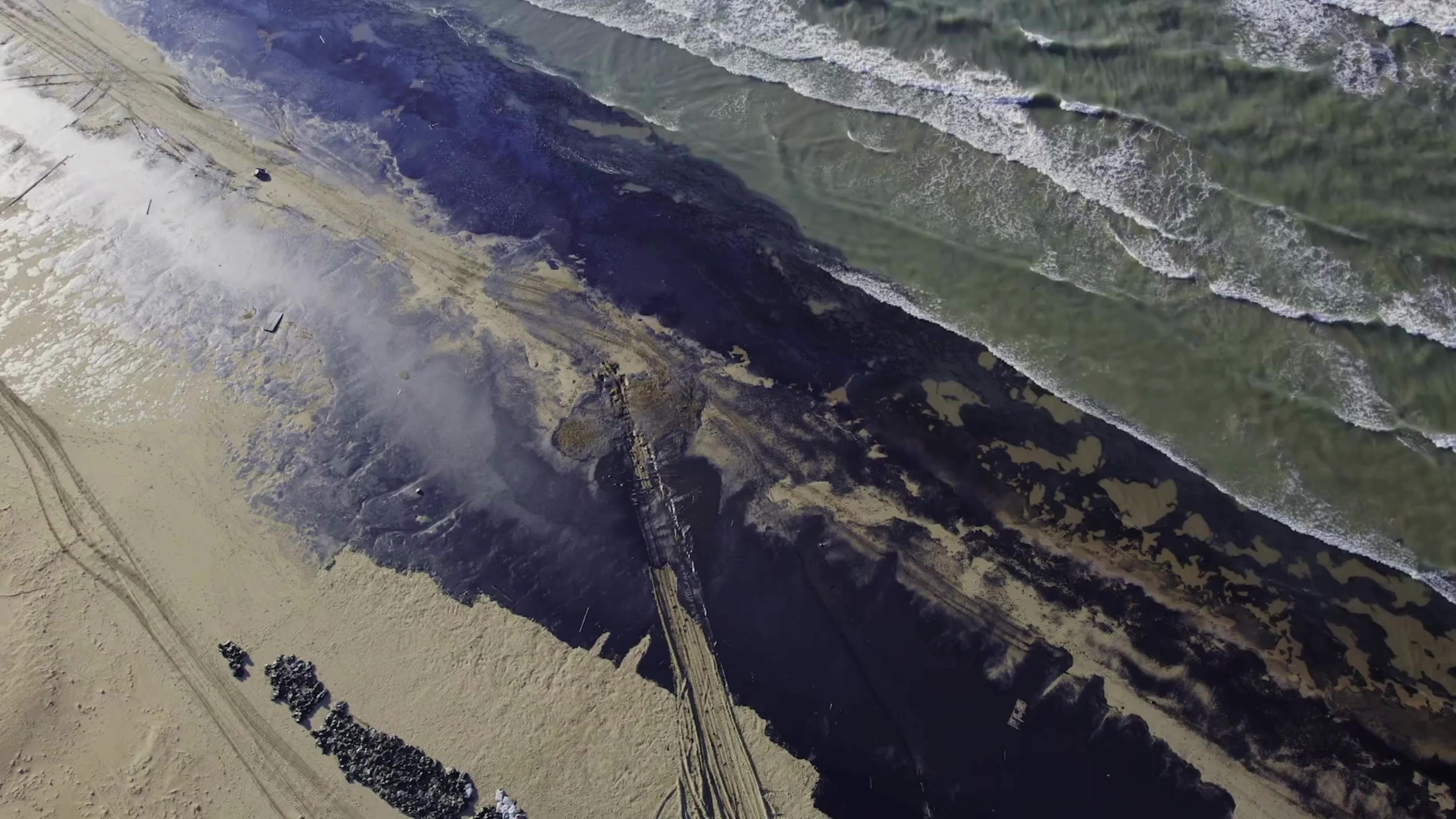
The natural world is under attack and existing laws aren’t doing enough to protect the environment.
Essex’s Dr Matthew Gillett is playing an instrumental role in fighting back and encouraging the International Criminal Court (ICC) to recognise the crime of ecocide.
The new law would give the ICC greater powers and jurisdiction to prosecute people causing environmental damage and ensure greater accountability around the world.

The crime of ecocide has been formally proposed by Vanuatu, Fiji and Samoa in a move that could see it included in the Rome Statute; a treaty granting the court potentially global jurisdiction over specific crimes.
This would, for the first time, dramatically increase the ICC’s legal tools to deploy against people committing wilful destruction of the environment.
Through his research, Dr Gillett has spent several years advocating for the official recognition of ecocide.
Dr Gillett is contributing to the formulation of ecocide, including through his book Prosecuting Environmental Harm Before the International Criminal Court (CUP)
Dr Gillett visited the Kakhovka Dam in Ukraine after it was destroyed in 2023
Dr Gillett visited the Kakhovka Dam in Ukraine after it was destroyed in 2023
He has also helped shape the vision for a crime of ecocide through other research papers and evidence submitted to the ICC, along with recommending various types of training for judges, including on the investigative techniques that can be used to prove ecocide.
If the current proposal on ecocide is given the green light, lawmakers hope it will not only ensure greater accountability for environmental harm, but also act as a strong deterrent.
Dr Gillett said: "Adopting a clear definition of ecocide will send a message that those who destroy the environment at such a grave level should be considered just as responsible as those committing war crimes, crimes against humanity and other international crimes."
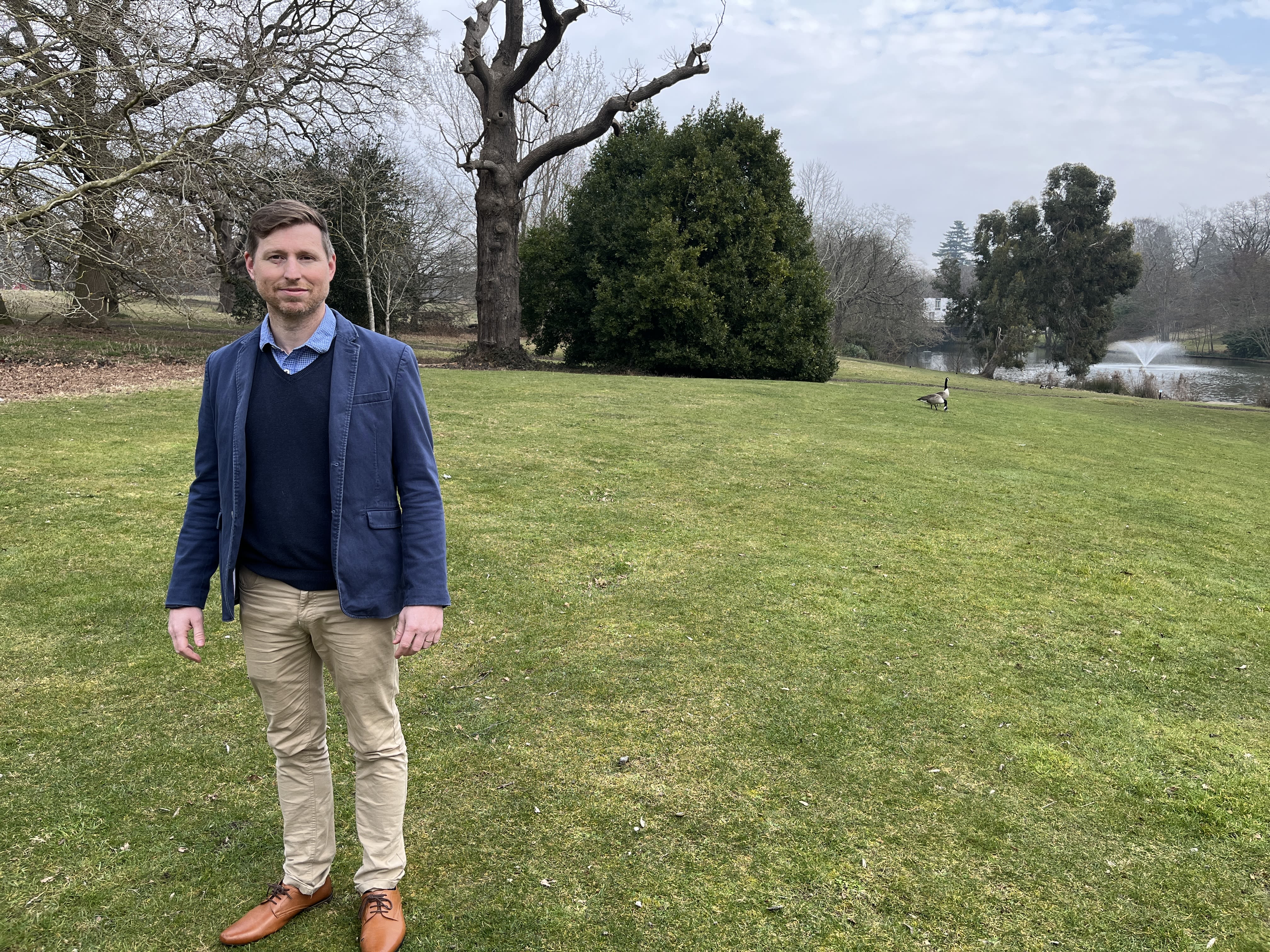
Saving the pangolin
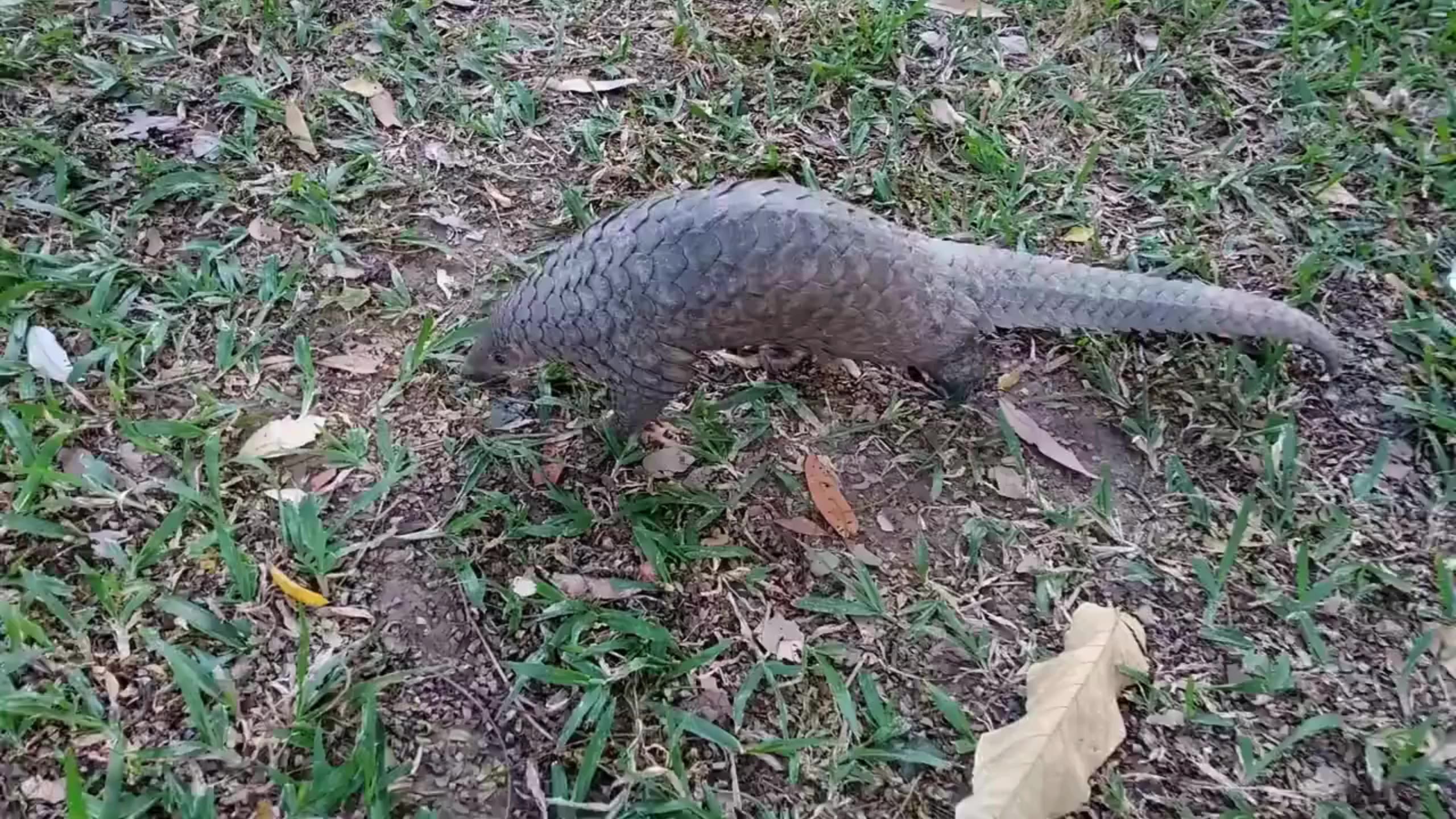
Pangolins are among the most trafficked animals in the world.
Despite national laws aiming to protect them, the mammals, which are native to Asia and Africa, are still targeted for their meat and scales, which are sold for big money on the black market.
Dr Gillett has highlighted the need for the trafficking of pangolins to be recognized as ecocide in his new research paper.
The plight of the pangolin is highlighted as a key example of why ecocide needs to be recognised by the ICC.
Dr Gillett said: “Pangolins play important roles in the ecosystem as they regulate insect populations, such as ants and termites which helps prevent the destruction of forests.
"Their burrows also support biodiversity by providing shelter to other species.
“Their extinction would constitute a grave form of environmental destruction and the severity of this would fit with existing definitions of ecocide.”
In his latest research, Dr Gillett has outlined how a collaboration between ecologists and lawmakers holds the key to ensuring those who traffic pangolins are made accountable.
This could help pave the way for Dr Gillett's vision to protect the pangolin to become a reality.
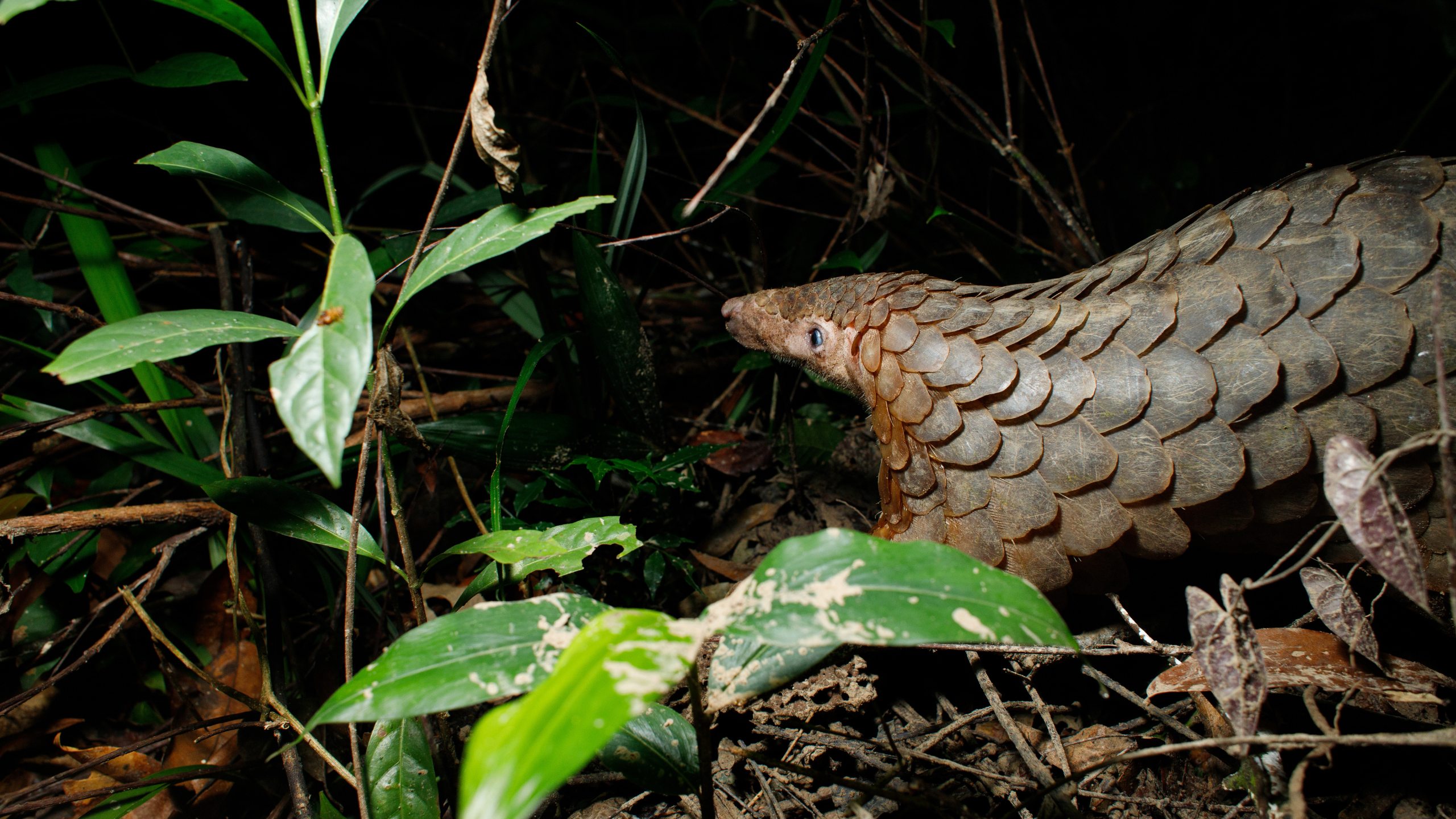
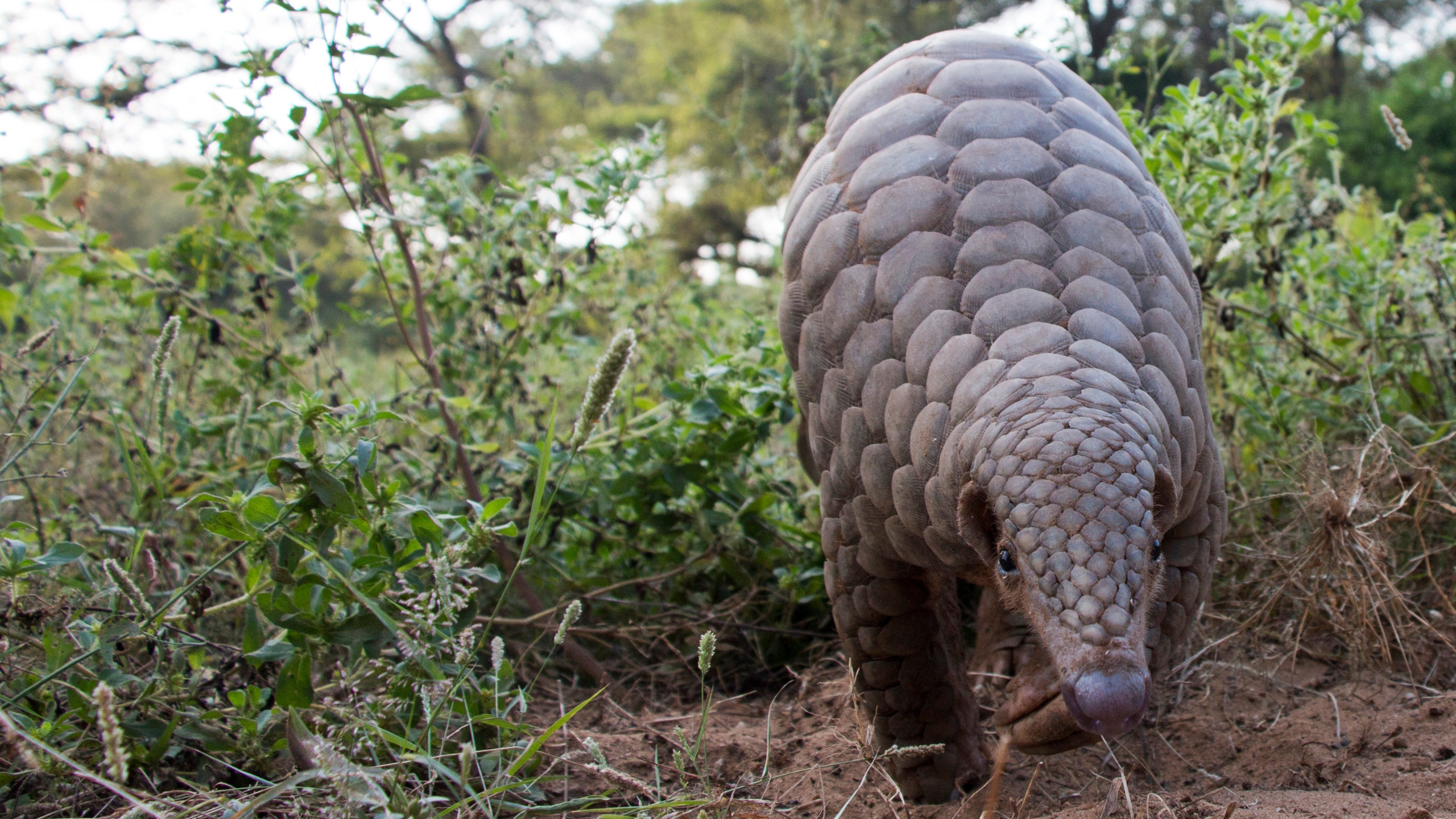
Breakthrough in Colombia
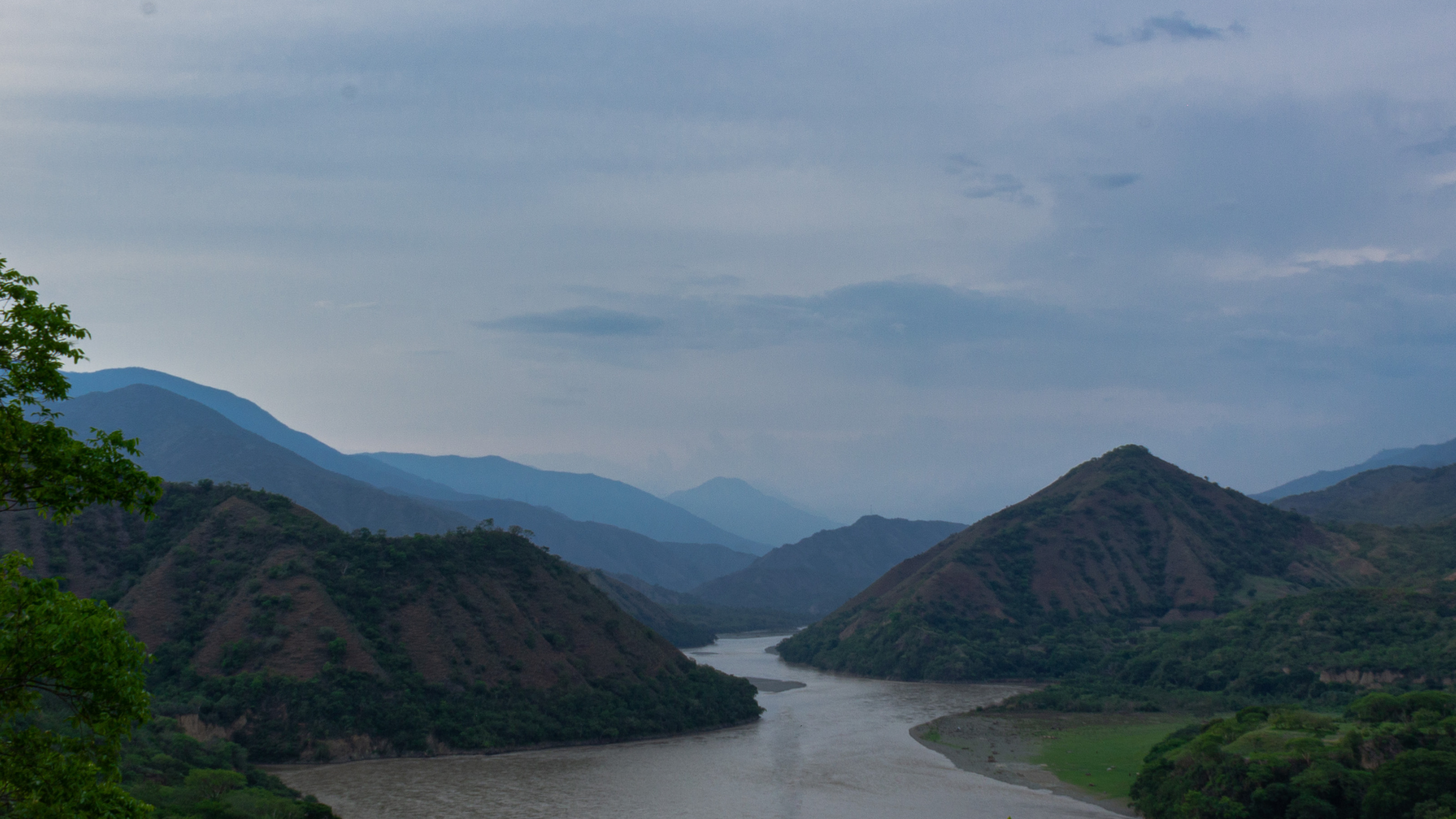
Throughout his work on prosecuting environmental harm, Dr Gillett has been supporting governments and organisations around the world to ensure there is better protection for the environment.
Along with fellow Essex Law School colleague Dr Marina Lostal, Dr Gillett provided an expert report which was relied upon by the Special Jurisdiction for Peace (JEP) for a landmark ruling in Colombia.
The first-of-its-kind decision saw the court accredit the Cauca River as a victim of serious damage suffered in the armed conflict.
This not only caused environmental harm, but profoundly violated the relationship of dozens of ethnic communities with nature.
The ruling gives greater protection to the River Cauca and the JEP greater powers of prosecution to ensure accountability for anyone causing harm.
Speaking at the time of the ruling, Dr Gillett said: "Colombia is a particularly important example in the world for its biological diversity.
"It is very important to protect this biological diversity and the JEP has very strong legal bases to do so."
Along with Dr Lostal and Professor Sabine Michalowski, Dr Gillett has continued to provide support to the JEP, attending conferences and providing expert opinions on different topics.
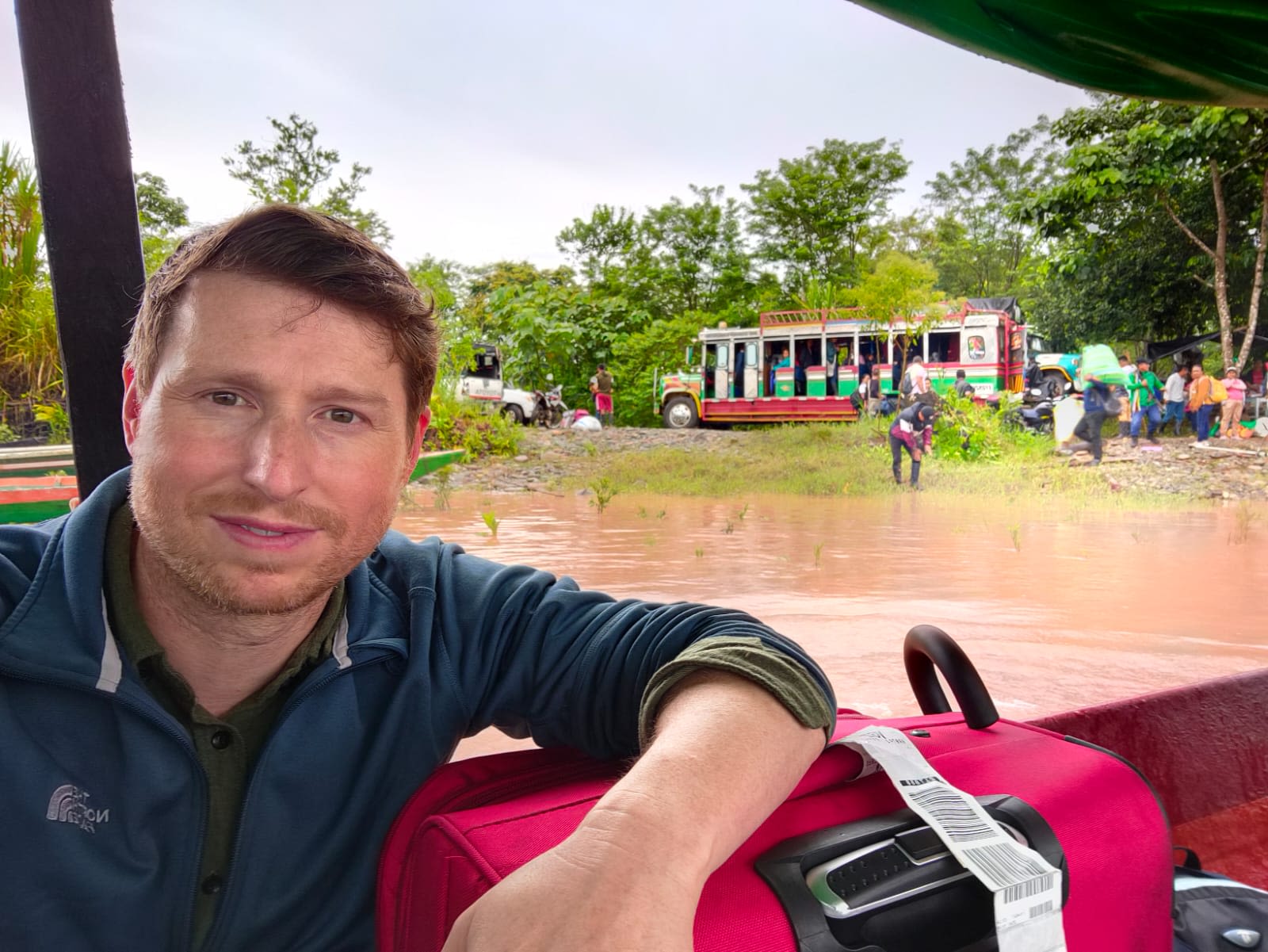

Dr Gillett's definition of ecocide in summary
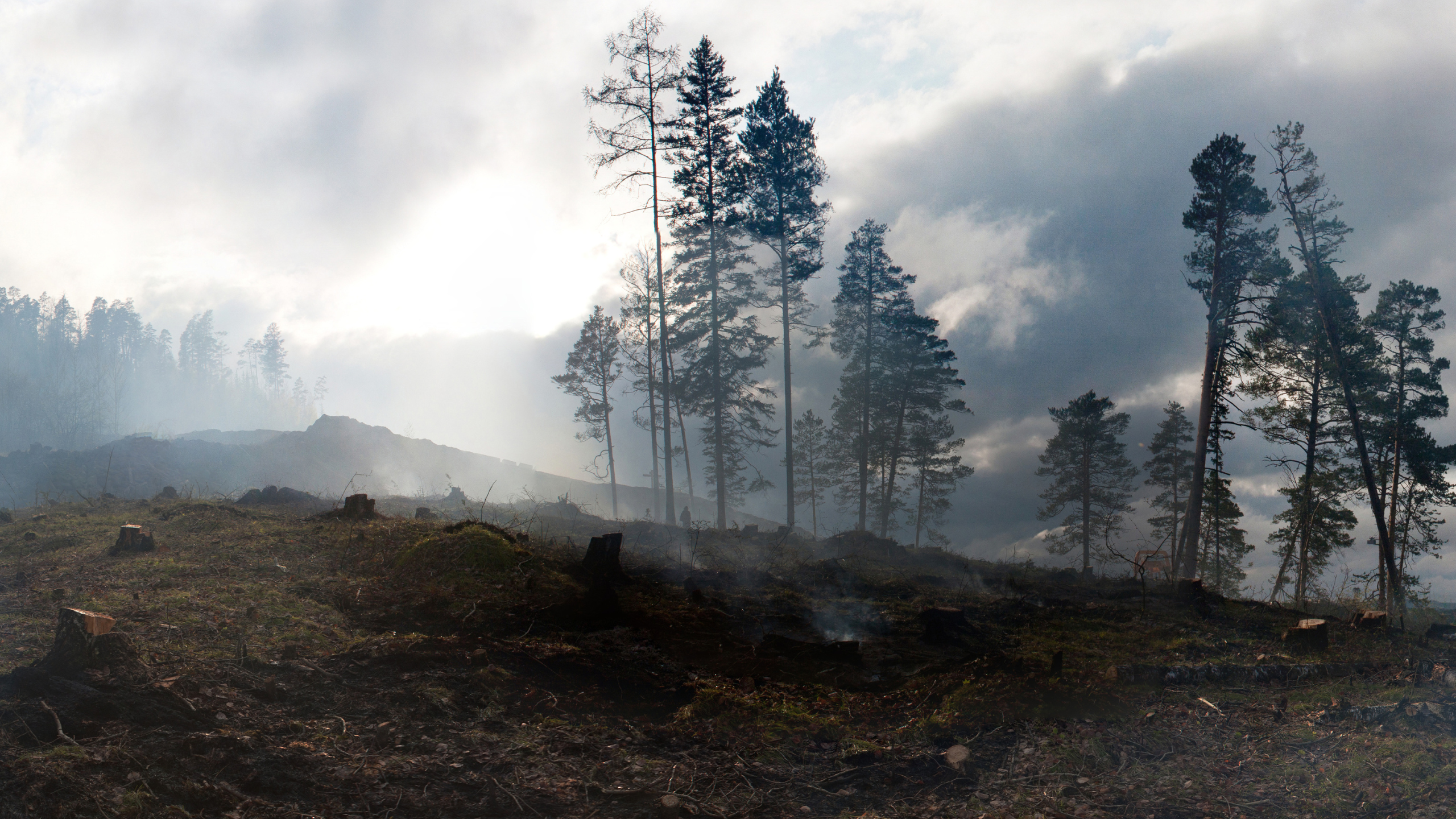
Ecocide means wilfully committing any of the following acts and thereby causing severe damage to the natural environment that is also widespread or long-term:
- killing, harming, or removing protected flora or fauna.
- destroying or damaging ecosystems or wild animal habitats.
- destroying or damaging natural heritage.
- trafficking or dumping hazardous substances.
- releasing, emitting, or introducing harm.
- causing or contributing to the large-scale emissions of greenhouse gases or the destruction of greenhouse gas sinks or reservoirs.
- any other acts of a similar character, where those acts involve unsustainable harm to the natural environment.
Find out more
Essex Law School
Essex Law School has a global reputation for its research, particularly in the areas of Human rights law and practice, Business law, Public law, Criminal justice, Health law, Law and technology and Social-legal studies.
Study Law at Essex
At Essex, you'll join a Law School that's freer, more daring and more experimental than many traditional law schools, and have access to our renowned Human Rights Centre which is a recognised international leader.
Sixty Stories
We’re celebrating 60 years of making change happen. 60 years of boldness and bravery from our students past and present. 60 years of creating change.




